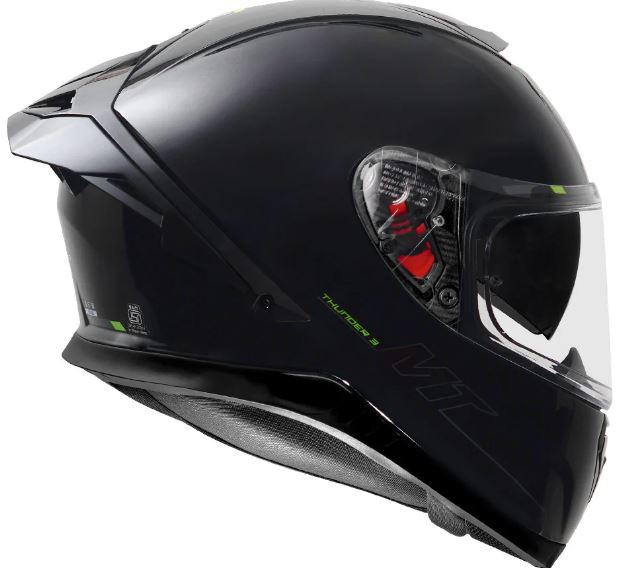Tel: 0129-4001010 Phone: +91 730 321 5033
Email: cs@absoluteveritas.com
BIS CERTIFICATION FOR HELMET FOR RIDERS OF TWO-WHEELER MOTOR VEHICLE IS 4151:2015
In today's competitive landscape, maintaining market presence without a certified, high-quality product can be challenging. Obtaining a BIS license may also be essential for selling products in the Indian market. To achieve BIS certification and ensure product quality, manufacturers must adhere to the specified Indian standards.
Lets delve deeper into IS 4151:2015 which is for Helmet for riders of two-wheeler Motor Vehicle.
IS 4151:2015 addresses helmets for riders of two-wheeler motor vehicles. This standard outlines the materials, workmanship, finish, construction, and performance criteria for protective helmets, whether with or without lower face cover, utilized by daily two-wheeler riders. Notably, these helmets are not designed for high-speed competitive events.
The standard outlines helmets available in sizes ranging from 500 mm to 620 mm, tailored to match various head forms.
The standard defines requirements for the helmet shell, protective padding, comfort padding, retention system, metal components, visor material, and construction. The helmet's weight must not surpass 1500 g. Additionally, the standard outlines specifications for dimensions, peripheral vision, workmanship, impact absorption, rigidity, retention system, and finish.
A helmet stands as a critical piece of personal protective gear for motorcycle riders, shielding them from the dangers of road travel. This standard is crafted to encompass guidelines for protective helmets utilized by motorcycle riders in their daily journeys.
The fundamental structure of the helmet should consist of a sturdy outer shell complemented by mechanisms to absorb impact energy, along with a retention system. Optional features like earflaps and a neck curtain can also be incorporated into the protective helmet. The primary function of the helmet is to safeguard the wearer's head against impacts.
TESTS
The subsequent test must be conducted for helmet's performance.
-
Impact Absorption Test
-
Resistance to penetration Test
-
Rigidity Test
-
Dynamic Test of Retention System
-
Audibility Test
-
Retention Test of Helmet
-
Opening Angle Test
-
Flexibility of Peak
Each helmet must be clearly and indelibly marked with the manufacturer's name or trademark, size, year of manufacture, and helmet mass. A standard mark (ISI Mark) may also be applied to the helmet. The Manufacturer must obtain a BIS license from the Bureau of Indian Standards to use a standard mark (ISI Mark). The BIS grants a license based on a successful assessment of manufacturing infrastructure, quality control and testing capabilities, and production process during a visit to manufacturing premises.
PROCESS FOR BIS ISI MARK CERTIFICATION

BIS CERTIFICATION PROCESS
Acquiring a BIS license requires a comprehensive review of manufacturing infrastructure, quality control abilities, testing resources, and production procedures. This thorough assessment guarantees that products not only adhere to regulations but also prioritize consumer safety and reliability.
NOTE:
For comprehensive guidance on the BIS ISI Certification process, please explore:
WHY USE ABSOLUTE VERITAS?
Absolute Veritas is a prominent organisation from the private sector of India primarily dealing with the Inspection, Testing, Audits, Certification of products& consulting services to various industries in India and worldwide, ensuring compliance with regulatory standards and industry requirements. Offering a comprehensive range of services including product certification, testing, training, auditing, and compliance services, Absolute Veritas helps manufacturers and importers achieve higher production efficiency and quality standards.
Absolute Veritas (AV) will handle end to end pre-registration request, sample preparation, documentation, testing and application process for FMCS Certification
For any questions regarding the most recent update on FMCS registration licenses, please reach out to us via email at cs@absoluteveritas.com



